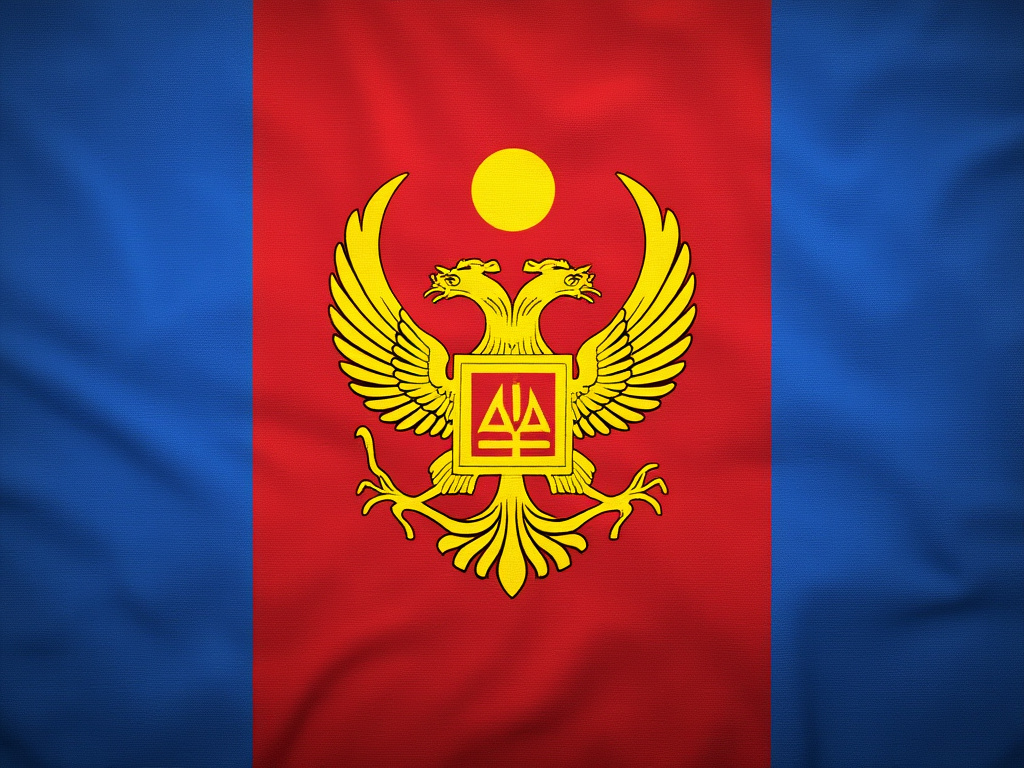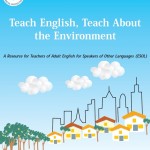For TESOL-certified teachers with a spirit of adventure, Mongolia offers a one-of-a-kind teaching experience set against a backdrop of sweeping plains, ancient culture, and warm-hearted people. This vast, beautiful country invites educators to immerse themselves in a land where the echoes of nomadic empires meet modern aspirations. Most teaching opportunities are found in Mongolia’s capital city, Ulaanbaatar, where teachers can make a meaningful impact on students eager to learn English.
Why Teach in Mongolia?
Mongolia is a land of fascinating contrasts. Known as the most sparsely populated country in the world, it has just under 3 million residents, with nearly half residing in Ulaanbaatar. The country’s sprawling landscapes, from the steppes to the Gobi Desert, are awe-inspiring, and its rich history as the heart of the Mongol Empire offers endless cultural learning opportunities.
Ulaanbaatar, Mongolia’s bustling capital, is where the majority of teaching positions are available. Here, TESOL teachers can find employment in universities, private schools, and language institutes that prioritize English instruction. While there are fewer teaching opportunities outside of Ulaanbaatar due to Mongolia’s largely nomadic population, the positions in the capital city provide an invaluable experience working with students who are highly motivated to improve their language skills.
Fun Fact: Known as the “Land of the Eternal Blue Sky,” Mongolia boasts over 250 sunny days a year. Even in winter, when temperatures can drop dramatically, the clear skies create a stunning, if chilly, backdrop for daily life.
What to Expect as an English Teacher in Mongolia
Most English teaching positions in Mongolia require candidates to be native English speakers with a TESOL certification or equivalent. For those who have experience teaching English as a second language, there are often additional opportunities to work in universities and private schools, where teachers may instruct students preparing for international education or business careers.
The Mongolian school year typically begins in August, and it’s advisable to start looking for positions a month or two in advance to secure a spot. Many schools and institutions offer short-term contracts, making Mongolia a good choice for teachers who want a taste of life in East Central Asia without a long-term commitment.
Teaching in Mongolia is a rewarding experience, as students are generally motivated and eager to learn. In a country where a significant portion of the population lives below the poverty line, education is highly valued as a means to open doors to greater opportunities. Teachers have a unique chance to inspire students and foster their confidence, helping them navigate academic and professional pathways in an increasingly globalized world.
Life in Ulaanbaatar: Culture and Community
Ulaanbaatar is a city of fascinating juxtapositions. Traditional gers (yurts) and Buddhist temples sit alongside modern skyscrapers, creating a skyline that reflects both Mongolia’s heritage and its progress. While Ulaanbaatar experiences cold winters, the city offers a range of activities, including cultural festivals, concerts, and a thriving café scene where teachers can connect with locals and fellow expats.
Fun Fact: Mongolians are known for their hospitality. In fact, visitors are often welcomed with milk tea or even airag, a traditional drink made from fermented mare’s milk—a must-try for the adventurous palate!
Despite Mongolia’s modernization, its people remain deeply connected to their traditional roots. Many Mongolians are nomadic or semi-nomadic, moving with their herds across the countryside in a way that has changed little over centuries. In Ulaanbaatar, teachers have the opportunity to learn about this unique lifestyle, while those who venture outside the city can visit traditional gers and witness the nomadic way of life firsthand.
Teaching Tips for TESOL Educators in Mongolia
Teaching English in Mongolia presents unique challenges and rewards. Here are some helpful tips for TESOL teachers to make the most of their experience:
- Adapt to Local Context: Language learning in Mongolia may have different motivations compared to other countries. Many students in Mongolia aim to learn English to pursue higher education or business opportunities abroad, so incorporating real-world applications into lessons can be beneficial.
- Incorporate Cultural Elements: Mongolian students often appreciate when teachers incorporate cultural understanding into lessons. References to traditional Mongolian customs, history, or even popular music can make classes more engaging and relatable.
- Leverage Technology: Ulaanbaatar has a solid internet infrastructure, and using online resources and multimedia in the classroom can enhance lessons. From online English games to educational videos, technology can make learning more interactive.
- Be Patient and Flexible: Like many countries, Mongolia has its own pace of life and approach to scheduling. Flexibility is key, whether it’s adapting to changes in class schedules or finding creative solutions for limited teaching resources.
Discovering Mongolia’s Unique Attractions
When not in the classroom, teachers in Mongolia have endless opportunities for exploration. From Ulaanbaatar, it’s possible to take weekend trips to the countryside, where open landscapes and untouched wilderness await. The Gobi Desert, with its sand dunes and unique wildlife, is a must-see destination, while the Altai Mountains and Lake Khövsgöl offer incredible hiking and scenic beauty.
Fun Fact: The annual Naadam Festival, held each July, celebrates Mongolia’s “Three Manly Games” of wrestling, archery, and horse racing. This historic festival provides a unique insight into Mongolian culture and attracts both locals and tourists.
In addition, Buddhist monasteries like the Gandantegchinlen Monastery in Ulaanbaatar offer a glimpse into the country’s spiritual heritage, as most Mongolians practice Tibetan Buddhism. For those interested in history, the National Museum of Mongolia is an excellent place to learn about the ancient empire of Genghis Khan, whose legacy still plays a significant role in Mongolian identity.
A Life-Changing Teaching Experience
Teaching English in Mongolia offers TESOL-certified educators a unique opportunity to connect with a different culture, make a lasting impact on students, and experience one of the world’s most striking landscapes. It’s a journey filled with adventure, growth, and deep connections with students eager to expand their horizons through language.
For those with a sense of curiosity and a willingness to adapt, Mongolia promises an experience unlike any other. Whether you choose to stay for a few months or make Mongolia your long-term teaching home, this country will leave a lasting impression on your life and career.
So pack your bags, earn your TESOL certification, and get ready for an extraordinary teaching journey in the land of the Eternal Blue Sky.



